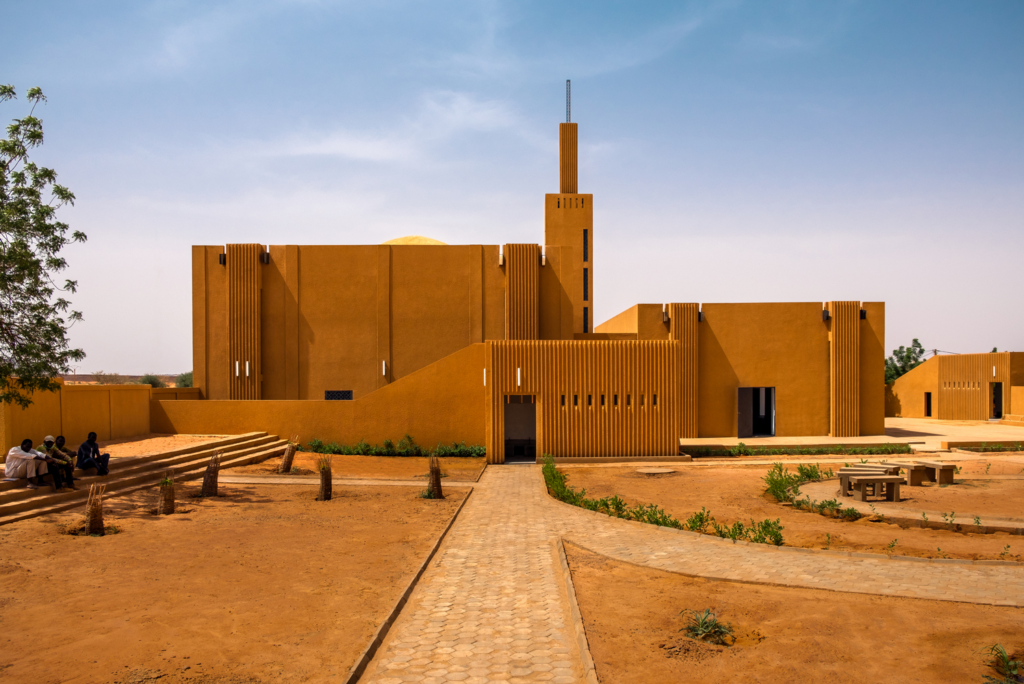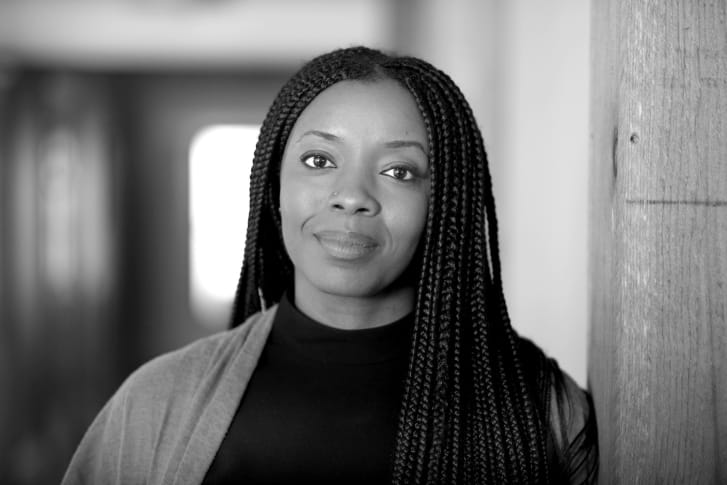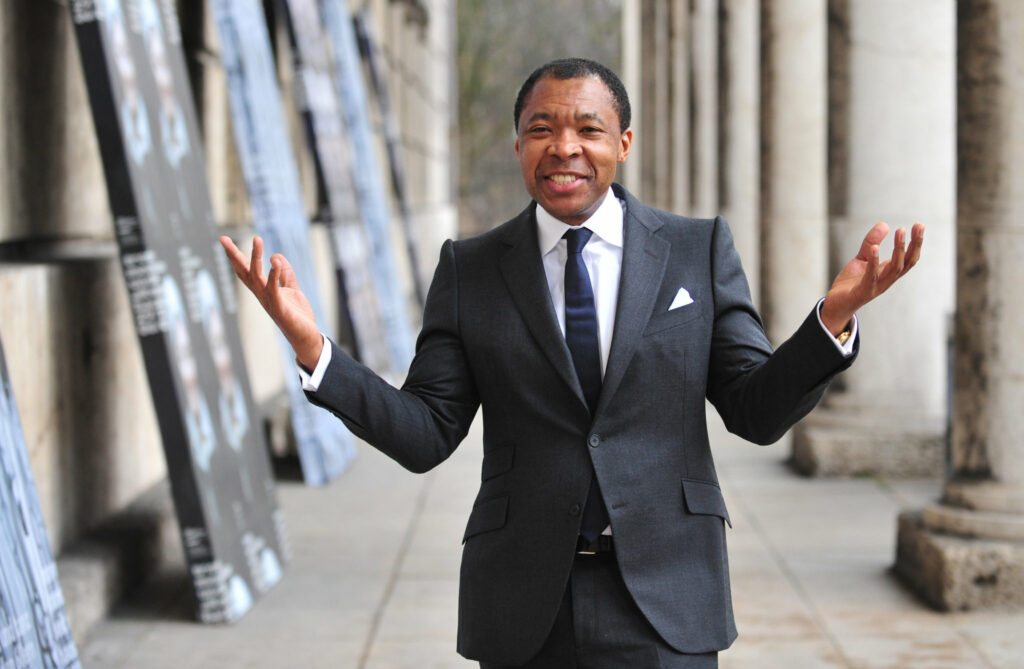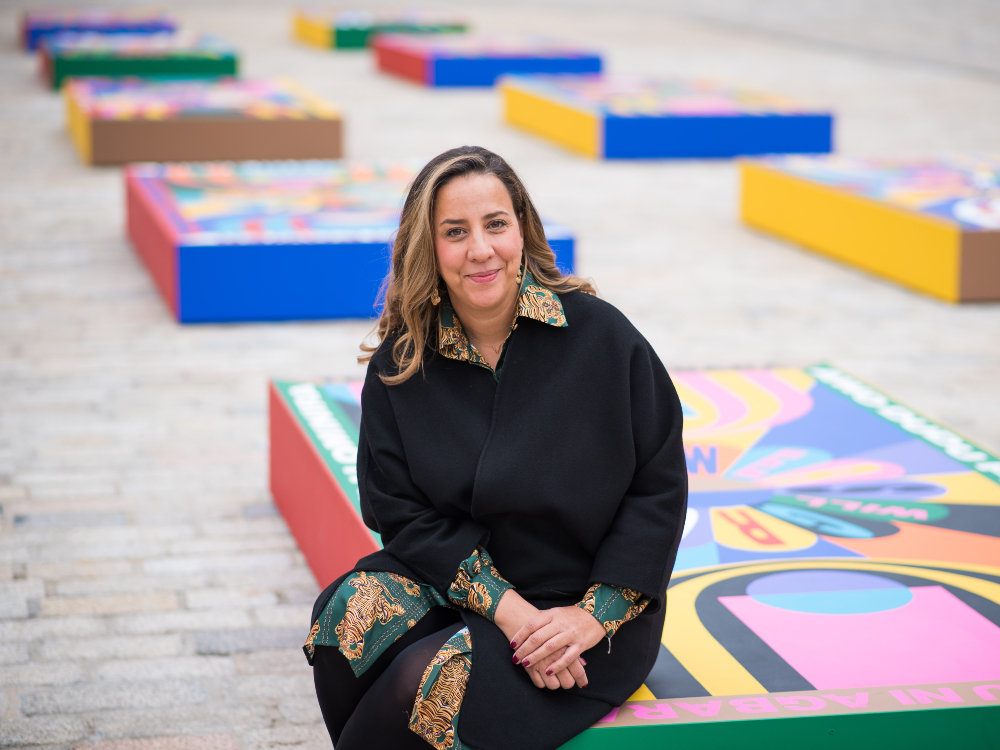Professor Mariam Issoufou Kamara, an architect of extraordinary vision and dedication, exemplifies the fusion of innovation and community service in the realm of architecture. Born in Saint-Étienne, France, in April 1979, Kamara’s journey from a computer engineer to a distinguished architect reflects her unwavering commitment to shaping spaces that not only reflect cultural heritage but also enhance the lives of the communities they serve.
Kamara’s academic trajectory initially led her into the realm of computer science, culminating in a master’s degree from New York University. However, driven by a profound desire to effect tangible change in the world, she embarked on a transformative journey into architecture. In 2013, she earned her master’s degree from the University of Washington, where her thesis, Mobile Loitering, delved into the intricate dynamics of gender in Niger’s public spaces, earning widespread acclaim and recognition.
In her relentless pursuit of redefining architectural paradigms, Kamara co-founded united4design, an architectural collective dedicated to fostering cross-cultural collaboration. This venture laid the groundwork for her subsequent establishment of Atelier Masomi in 2014, a firm dedicated to crafting spaces that marry tradition with innovation, drawing upon locally sourced materials and indigenous architectural techniques.

Kamara’s designs, characterized by open living spaces and a deep respect for cultural authenticity, have left an indelible mark on the architectural landscape. One of her seminal projects, Niamey 2000, serves as a testament to her ethos of community-centric design. Collaborating with architects Yasaman Esmaili, Elizabeth Golden, and Philip Sträter, Kamara envisioned an apartment complex that seamlessly integrates traditional and modern elements, revitalizing communal gatherings and fostering a sense of belonging.

Her commitment to sustainability and cultural preservation shines through in projects such as Hikma en Dandaji, a cultural complex nestled in Niger’s Tahoua region. Embracing the rammed earth building technique, Kamara and Esmaili imbued the project with a harmonious blend of secular knowledge and faith, creating spaces that resonate with the community’s ethos. The project’s recognition at the Lafarge Holcim Awards underscores Kamara’s prowess in sustainable architecture and her unwavering dedication to social responsibility.
Kamara’s visionary approach transcends geographical boundaries, as evidenced by her collaboration with acclaimed architect David Adjaye on the Niamey Cultural Center and her selection to lead the design of the Bët-bi museum in Senegal. These endeavors underscore her global impact and her steadfast commitment to transcending cultural and geographical barriers in her pursuit of architectural excellence.

A recipient of numerous accolades, including the prestigious Prince Claus Prize and the Rolex Mentor and Protege Arts Initiative award, Kamara’s recognition serves as a testament to her unwavering dedication and transformative vision.
In her role as a professor at esteemed institutions like Brown University and ETH Zurich, Kamara continues to inspire the next generation of architects, imparting her wisdom and passion for community-centric design. Her commitment to nurturing future talent underscores her enduring legacy as a pioneer and visionary in the field of architecture.
Mariam Issoufou Kamara’s journey is a testament to the transformative power of architecture in shaping communities and improving lives. As we celebrate her remarkable achievements, let us be inspired by her commitment to innovation, sustainability, and cultural preservation, and strive to emulate her visionary approach in creating spaces that resonate with the soul of humanity.


